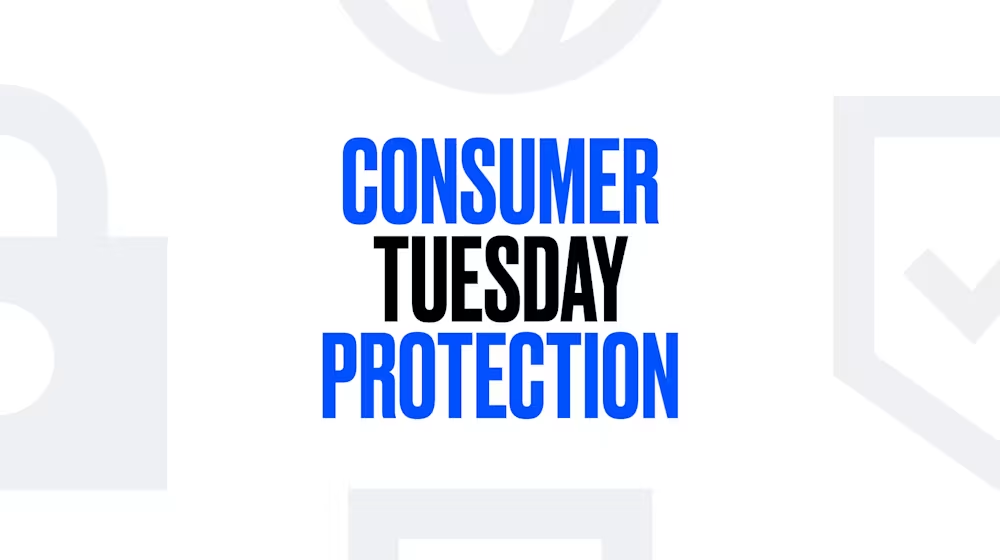Consumer Protection Tuesday: A Guide to Everyday Computer Hygiene
Tl;dr: Practicing good computer hygiene is your best line of defense against hacks, scams, and digital threats. From software updates to strong passwords, these habits can save you from massive losses, especially if you hold crypto or other financial assets. Think of it like locking your door before you leave: simple, essential, but easy to forget.

This post is part of a weekly Tuesday series at Coinbase about the latest consumer protection and security measures for crypto owners.
At Coinbase, we’re on a mission to help update the financial system to make it safer and more secure. While only 0.14% of blockchain transactions are used for illicit activity, and cash remains the preferred medium for illegal transactions, crypto security is always a top priority. Coinbase maintains a robust compliance program, which includes Know Your Customer (KYC) checks, sanctions screenings, suspicious activity reporting, and strong law enforcement partnerships to detect and prevent illicit activity on our platform.
Why Computer Hygiene Matters Now More Than Ever
The digital world is full of opportunity—and risk. Every time you log in, click a link, or download an attachment, you're exposing yourself to potential threats. Cybercriminals don’t just target big companies. They target everyday people, especially those with access to online banking or crypto wallets.
Phishing scams, malware downloads, keystroke trackers, and fake apps are just a few of the tricks used to steal information and drain accounts. Fortunately, there are ways to get ahead of these threats.
The 7 Golden Rules of Computer Hygiene
1. Keep Your Software Updated: Updates often include critical security patches. Better yet, enable automatic updates for your operating system, browser, and antivirus software.
2. Use a Password Manager: Reused or weak passwords are a common way hackers gain access. Use a reputable password manager to generate and store unique, complex passwords for every account.
3. Enable Multi-Factor Authentication (MFA): Even if a hacker gets your password, MFA adds another layer of protection. Where possible, use YubiKeys or app-based authenticators instead of text-message-based codes, which can be intercepted.
4. Think Before You Click: Phishing emails and malicious links can compromise your device instantly. Hover over links before clicking. If it looks suspicious, don’t click. And don’t download attachments from unknown sources either.
5. Avoid Public Wi-Fi Without a VPN: Public networks are often unencrypted, making it easy for attackers to snoop. Use a VPN (Virtual Private Network) to encrypt your connection, or wait until you're on a secure network.
6. Protect Your Devices Physically: Stolen phones and laptops can lead to stolen funds or identity theft. Always lock your screen and avoid leaving devices unattended in public.
7. Backup Your Data and Recovery Phrases: Ransomware attacks can lock you out of your data, and losing your crypto recovery phrase can mean permanent loss. Store backups offline and in multiple secure locations. Never share your recovery phrase with anyone.
Small Habits, Big Protection
Good computer hygiene is all about prevention. Practicing these habits consistently can protect your digital life and financial assets from being compromised.
And always remember: No government agent, bank rep, or tech support worker will ever reach out and ask you to move funds to protect them. Anyone who says otherwise is a scammer.
Talk to your family and friends about staying safe online. Every shared tip is a step toward a more secure and empowered financial future.
Recent Stories
Deribit joins Coinbase: Unlocking the future of global crypto derivatives
Coinbase has closed our acquisition of Deribit, officially making Coinbase the most comprehensive global crypto derivatives platform. This follows a record month of volume and revenue for Deribit as international momentum around crypto options heats up.
